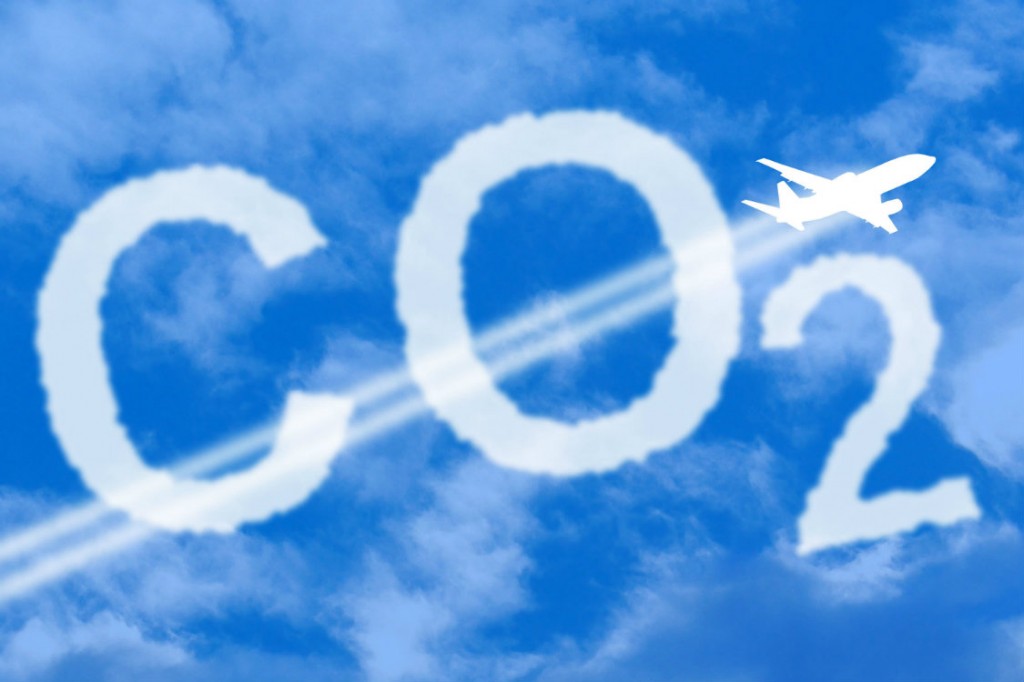Region: International
Rio’s Dirty Water
Everyone seems to be talking about the pollution in Guanabara Bay
With the Opening Ceremonies for the 2016 Summer Olympics set for tomorrow night, the world’s attention is turned to Brazil. For someone with a great love for the country, it is disheartening to see the series of articles in the run-up to the Olympics emphasizing the negatives—challenges due to political turmoil, security concerns, the Zika …
Continue reading “Rio’s Dirty Water”
CONTINUE READINGThe Libertarian Party and the Environment
The Libertarian Party platform leaves many open questions about environmental protection.
A number of people seem drawn to the Libertarian Party during this election cycle. As it turns out, the Party believes not only in minimal government but a minimal platform. Compared to the platforms of the major parties, the Libertarian platform is blessedly brief. (It also seems notably more purist than the Party’s presidential ticket.) …
Continue reading “The Libertarian Party and the Environment”
CONTINUE READINGThe Aviation Endangerment Finding
While we are watching the political conventions, EPA took an important step forward
Last Monday, EPA issued a formal finding that carbon emissions from commercial aviation endanger human health and welfare. Understanding the significance of the finding requires a little background. Section 231(a)(2) of the Clean Air Act directs the EPA Administrator to “issue proposed emission standards applicable to the emission of any air pollutant from any class …
Continue reading “The Aviation Endangerment Finding”
CONTINUE READINGDo water managers’ perceptions influence innovation?
New survey probes the innovation deficit
Climate change and population growth are rapidly increasing stress on our water systems, challenging their ability to deliver critical services. To respond to this, we need more than simple course adjustments in how we manage our water – we need entirely new paradigms that will improve resource efficiency and support more sustainable urban water systems. Considerable …
Continue reading “Do water managers’ perceptions influence innovation?”
CONTINUE READINGBrexit Claims Its First Victim: The Environment
The new British government is turning sharply against environmental protection.
The Brexit vote elevated Theresa May to the Prime Minister’s office. One of her first steps has been an attack on environmental protection. In what the Guardian called the “most radical shakeup in the shape of Whitehall for years.” She abolished the Department for Energy and Climate Change and moved its functions into the Department for Business, Energy …
Continue reading “Brexit Claims Its First Victim: The Environment”
CONTINUE READINGThe Complexities of Implementing Brexit
Scores of regulatory arrangements will need to be negotiated. Lots of work for lawyers!
The larger implications of the Brexit vote are understandably getting a lot of attention. It’s clear, for instance, that the UK will need to negotiate some kind of trade agreement with the EU, and that it will probably want to negotiate one with the U.S. But there are myriads of issues that need to be worked out, …
Continue reading “The Complexities of Implementing Brexit”
CONTINUE READINGThe Irony of a Developing Nation’s Climate Agenda
The challenge of developing and decarbonizing at the same time
Mexico has been busy. Or at least, its energy and environmental ministers have been. Over the last several years, Mexico has held its first auction for renewable energy contracts, opened its energy market to private competitors, and increased its renewable energy capacity by more than thirty times the level in 2008. At the same time, …
Continue reading “The Irony of a Developing Nation’s Climate Agenda”
CONTINUE READINGTrump, Sanders Voters and Climate Change
If you need even one reason to vote for Clinton, climate change ought to suffice
I don’t pretend to understand the allure of Donald Trump. I am an unabashed supporter of Hillary Clinton. I appreciate that many people I know and respect are Bernie Sanders supporters. I am hoping that, once Clinton officially becomes the Democratic candidate for President, Sanders supporters will work hard to elect Clinton as President, even …
Continue reading “Trump, Sanders Voters and Climate Change”
CONTINUE READINGEnergy Justice and Sustainability
Over two billion people lack access to modern energy sources.
Energy justice is an unfamiliar concept to most people, but it addresses a crucial problem. A new book by Lakshman Guruswamy addresses some of the key facts: About a third of the world’s population — between 2 and 2.5 billion people — primarily rely on household burning of wood, coal, or other materials like dung for …
Continue reading “Energy Justice and Sustainability”
CONTINUE READINGAppointing Guardians to Represent Future Generations
Could an old property procedure be a model for climate-related litigation?
From time to time, there is talk about giving standing to future generations. Although this is an idea whose time may not have come in the U.S., it’s important to know that the law has for many, many years allowed appointment of lawyers to represent future individuals. Typically, this is a procedure that is used in …
Continue reading “Appointing Guardians to Represent Future Generations”
CONTINUE READING











